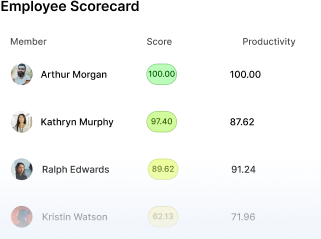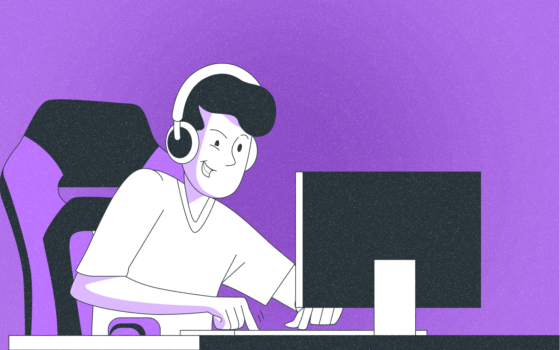Preparing Yourself for a Successful Job Interview

The first step to rock a job interview is to actually ask yourself: How to prepare for an interview? What can I improve? Knowing you can always do better is the key for success! If you’re able to identify your flaws and work on them, it will make a world of a difference.
In this article, we will outline the steps that you need to take in order to give yourself the best chance of landing the job. Interviews can be nerve-wracking, but if you are prepared they can also be very successful. Let’s get started!
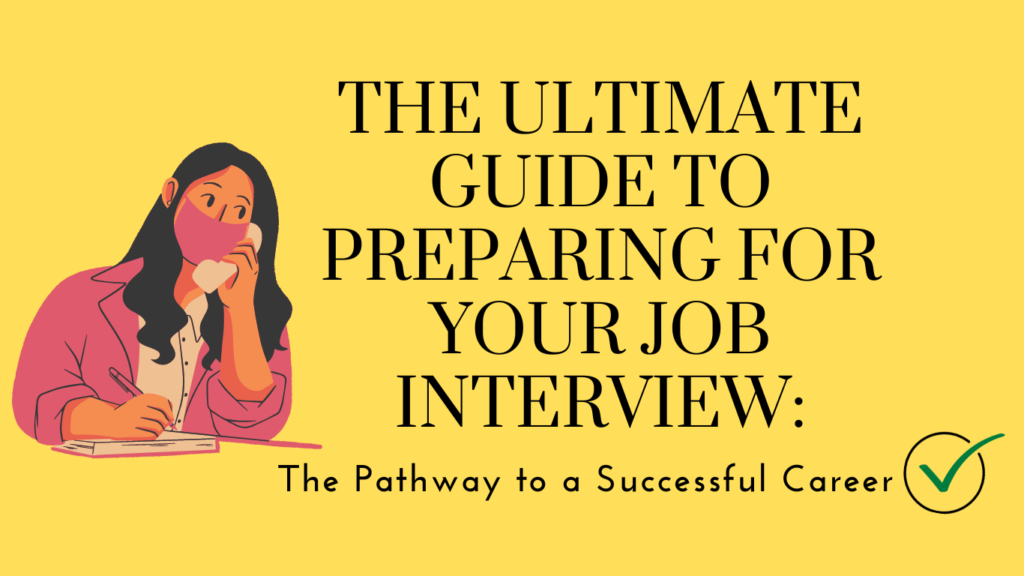
Did you know that out of 118 people who apply for a job, only 22% will get an interview? If you’re one of the lucky few who do get an interview, it’s important to be prepared.

Interviews are arguably the most crucial step in the hiring process. This is because it’s the first time that you will be meeting with the employer face-to-face. It’s also your chance to make a good impression and sell yourself as the best candidate for the job.
What Are Job Interviews?
Job interviews are meetings between potential employers and candidates for employment. During the meeting, the employer will ask questions to get to know the candidate and determine if they are a good fit for the job.
The interviewer will also be looking to see if the candidate is confident, articulate, and has the skills and experience that they are looking for. In order to make a good impression, it’s important to be prepared for the meeting.
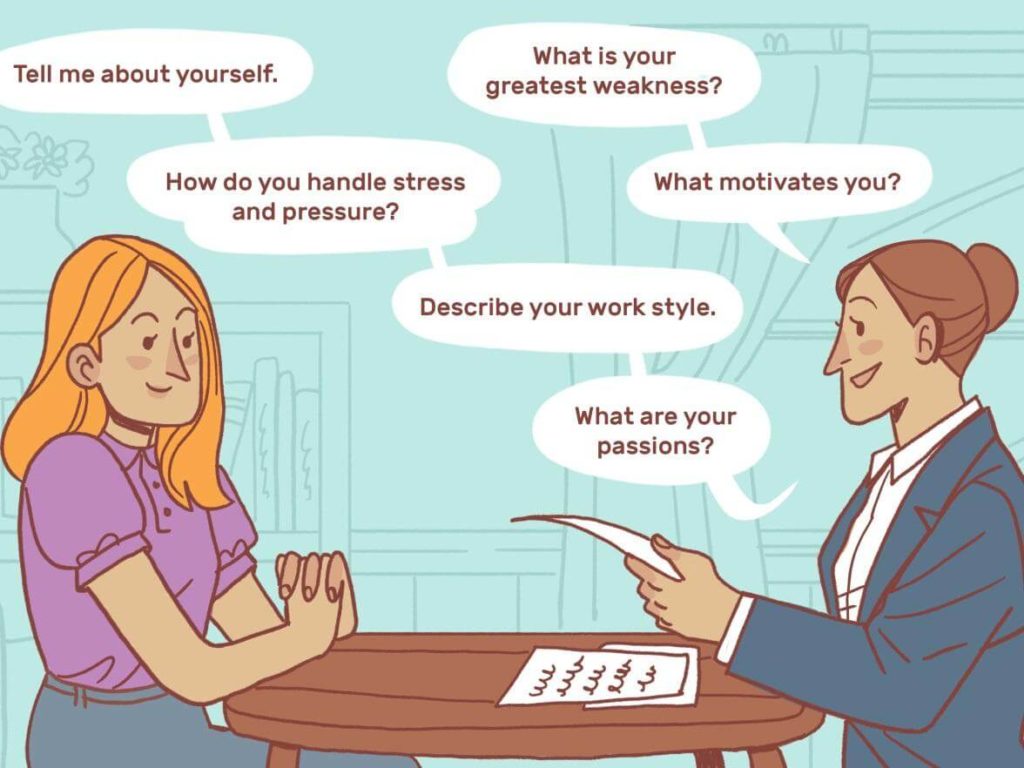
This means doing your research, practicing your answers, and knowing what to wear. It’s also important to be aware of the different types of interviews so that you can prepare accordingly.
However, there are other things to consider such as what kind of interview you will be attending. Let’s review them!
Types of Job Interviews
There are four main types of job interviews: screening interviews, face-to-face interviews, and panel interviews. Let’s take a closer look at each one.
Screening Interviews
These types of interviews are usually the first step in the interview process. They are typically conducted by HR professionals or recruiters and are relatively brief (30 minutes or less).
The purpose of screening interviews is to narrow down the pool of candidates and determine who will move on to the next stage of the hiring process. Screening interviews are usually conducted over the phone or via video call.
Face-to-Face Interviews
Face-to-face interviews are the most common type of job interview. They can be conducted by HR professionals, recruiters, or hiring managers.
Face-to-face interviews usually last between 30 minutes and an hour. The purpose of these interviews is to get to know the candidate on a personal level and determine if they are a good fit for the job.
Panel Interviews
Panel interviews are conducted by a group of interviewers (usually three or more). They can be conducted by HR professionals, recruiters, or hiring managers.
The purpose of these interviews is to assess the candidate’s ability to think on their feet and handle pressure.
No matter what type of interview, walking into an interview unprepared is a recipe for disaster. To help you avoid this, we’ve put together a list of things that you need to do before your interview. Keep reading to learn more!
Get more out of your business
Get the best employee engagement content every week via mailing list
How to Prepare Yourself for a Job Interview: Tips and Tricks
Now that you know the different types of interviews, it’s time to learn how to prepare for your job interview. Below are some tips and tricks that will help you ace your next interview!
Do Your Research
According to Twin Employment and Training, 47% of interviewers said they would be less likely to offer a job to a candidate if the applicant showed little knowledge about the company. Thus, the first step in preparing for your job interview is to do your research. This means learning as much as you can about the company, the position you are applying for, and the person who will be interviewing you.
You can start by visiting the company’s website and reading the About Us page, their blog (if they have one like ours here at Monitask), their social media accounts, and you can also look for news articles about the company, read reviews, and talk to people who work there. You should also read any recent news articles or blog posts about the company. This will help you get a better understanding of their culture and values.
The more you know about them shows off your knowledge in the interview and makes a great impression
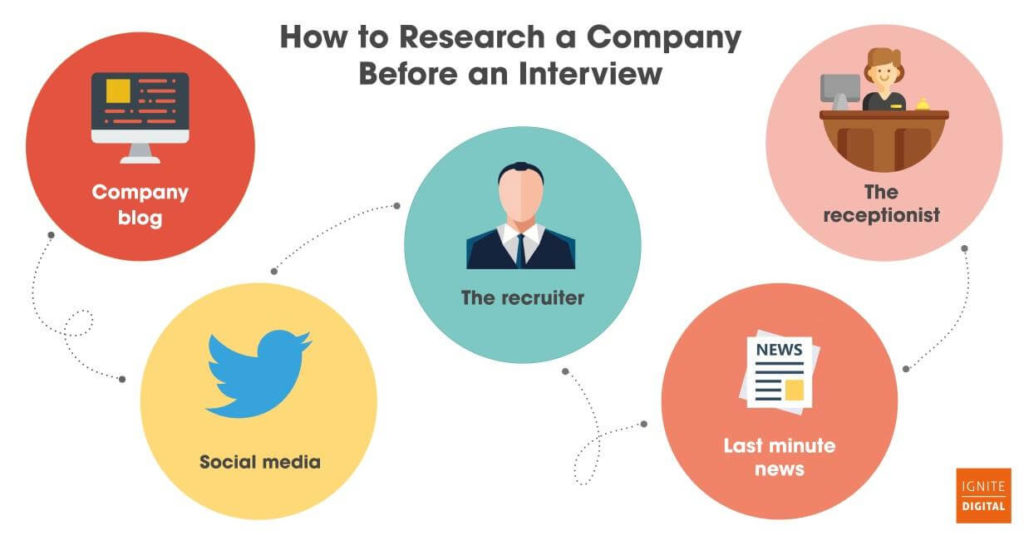
Practice Your Answers
Once you have done your research, it’s time to start practicing your answers. The best way to do this is to use the STAR method.
The STAR method is a way of answering behavioral interview questions that allows you to showcase your skills and experiences. It stands for situation, task, action, and result.
To use the STAR method, you first need to identify a specific situation or task that you were faced with at work. Then, you need to explain what actions you took to complete the task or overcome the situation. Finally, you need to discuss the results of your actions.

For example, if you are asked the question “tell me the situation when you had to deal with a difficult customer,” you could say: “I was working the register at my previous job when a customer started to get angry with me because I couldn’t give them a refund. I tried to stay calm and explained the store’s policy to them, but they wouldn’t listen.
So, I offered to call a manager for them. Once the manager explained the policy again, the customer calmed down and left the store.” By using the STAR method, you will be able to effectively share your skills and experiences to the interviewer.
Review Your Resumé
Preparing for your job interview also includes reviewing your résumé. This is important because the interviewer will most likely ask you questions about the experiences and skills listed on your résumé.
You should take some time to familiarize yourself with your résumé so that you can confidently discuss your experiences and skills in the interview. Be prepared to answer some common interview questions. Some of the most common questions include:
- Tell me about yourself
- Why are you interested in this position?
- What are your strengths and weaknesses?
- Do you think you fit in your company culture?
- Describe a situation when you had to deal with a difficult situation?
Tell the Truth
According to renowned social psychologist Ron Friedman, 81% of individuals lie during job interviews. Yet, we recommend that please, don’t follow the crowd! Do not try to exaggerate (or, underestimate – watch out, Stockholm syndrome!) your experiences or skills in the interview.
The interviewer will most likely ask you follow-up questions about your experiences and skills, so it’s important that you are honest from the start. The interviewer will most likely be able to tell if you are lying, and it will reflect poorly on you. It’s always better to be truthful in your answers and let your experiences speak for themselves.
Prepare Questions to Ask
While preparation for your job interview, it is important to remember that the interview is not just a one-way street. The interviewer will be asking you questions, but you should also be prepared to ask them some questions as well.
Asking questions shows that you are interested in the company and the position. It also allows you to learn more about the company and see if it is a good fit for you.
Some great questions to ask in an interview include:
- What does a typical day look like for someone in this position?
- What are the expectations for this position?
- What are the opportunities for advancement?
- Where do you think the company is headed in the next five years?
Dress for Success
It is important that you dress for success when you go to your job interview. This means dressing in professional clothing that is appropriate for the industry you are applying for. For example, if you are applying for a job in a law firm, you should wear a suit. If you are applying for a job in a more casual industry, like retail or food service, you can dress more casually as long as you avoid jeans and t-shirts.

The way you dress shows the interviewer that you are taking the interview seriously and that you are interested in the position.
Be on Time
It is important to be on time for your interview. This means arriving at least 15 minutes early. If you arrive late, it will show the interviewer that you cannot manage your time effectively and that you do not value everyone’s time.
For example, what if you forgot to review the interview location beforehand? Or, do you get stuck in traffic? You should also consider giving yourself enough time to find parking and use the restroom before your interview starts.
You should also avoid being too early for your interview. Arriving more than 30 minutes early can make you seem overeager and it can be disruptive to the interviewer’s schedule.
Drink Some Water
This may seem like an odd tip, but it is important to drink some water before your interview. This will help to clear your throat and make sure that you are hydrated.
A dry mouth can make it difficult to speak clearly, so it is important to drink some water before your interview. Have a glass of water, do some deep breathing exercises, and remind yourself that you are qualified for the position. This will help you to relax and be confident in yourself when you go into the interview!
Follow Up
After your interview, it is important to send a thank-you note to the interviewer. This shows that you are grateful for their time and that you are still interested in the position.
You should also follow up with the interviewer if you haven’t heard back from them within a week or two of your interview. This shows that you are eager to work for the company and that you are willing to take initiative. Also, don’t forget to send a thank-you note after your interview. This is another great way to show your interest in the company and the position.
Final Considerations
As you can see, there are a few easy things you can do to prepare yourself for the job interview such as taking the time to do research on the company and position, as well as preparing thoughtful questions that show that you are truly interested in the role. Additionally, making sure to dress the part and arrive early will make a good first impression.
By following these simple tips, you can set yourself up for success in your next job interview! We are cheering for you to be in those 24 people who got the job. Best of luck!
-The Monitask Team
